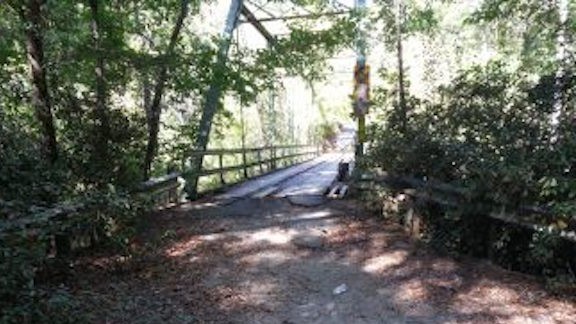By Hank Black
The ongoing fight over extending Cahaba Beach Road from U.S. 280 across the Little Cahaba River will heat up with another public meeting scheduled for Tuesday.
Highway engineers will present an update from a meeting a year ago concerning the project’s impact on the river. The Little Cahaba is a vital link in the area’s drinking water supply, connecting the Lake Purdy reservoir to the main Cahaba River.
Environmental groups are rallying forces with the intent of preventing the estimated $10 million to $20 million project of the Alabama Department of Transportation. The department announced it would present a modification of the plan floated a year ago. The Cahaba River Society, Cahaba Riverkeeper, Alabama Rivers Alliance and Southern Environmental Law Center have joined to object to it.
The public involvement meeting will be from 4 p.m. to 7 p.m. at Liberty Park Middle School, 17035 Liberty Pkwy. ALDOT representatives and project designers will be available, with maps of proposed routes, to answer questions. Interested persons can make verbal and written comments on the project and indicate preference for a route or no route.
Shelby County engineer Randy Cole has promoted the project for many years, saying the road is needed for “connectivity.” It would connect a new bridge with Sicard Hollow Road to provide a cut-through from U.S. 280 to the Liberty Park residential and commercial development and Interstate 459.
ALDOT regional engineer DeJarvis Leonard has said the project would improve access between roads on either side of the Little Cahaba River and reduce travel times.
The Cahaba River Society recommends the “no build” option, according to Executive Director Beth Stewart, “because the road and bridge could degrade our drinking water supply and increase water bills due to increased risks from construction, urban runoff, forest loss, heavy traffic or a direct spill into the Birmingham area’s drinking water.”
She told a crowd of about 125 people at a rally Thursday in Avondale that increased pollution of the river would boost the cost of water to ratepayers because it would require additional treatment to make it drinkable. The Water Works intake pipe is near the site of the proposed bridge across the Little Cahaba.
The project would put at least 8,000 cars a day into an environmentally sensitive area, Cahaba Riverkeeper David Butler told the group.
Much of the watershed belongs to the Birmingham Water Works Board as a way to protect it against pollution. Some private property owners have placed their land under conservation easements that may protect it from the project.
Potential disturbance of the watershed is a prime concern. The advocacy groups said that, although ALDOT is performing a basic environmental impact assessment, a more detailed study should be done if the project is greenlighted.
More information is available from the Cahaba River Society and from ALDOT.
Note: The Southern Environmental Law Center is a sponsor of WBHM programming, but the station’s news and business departments operate independently.

